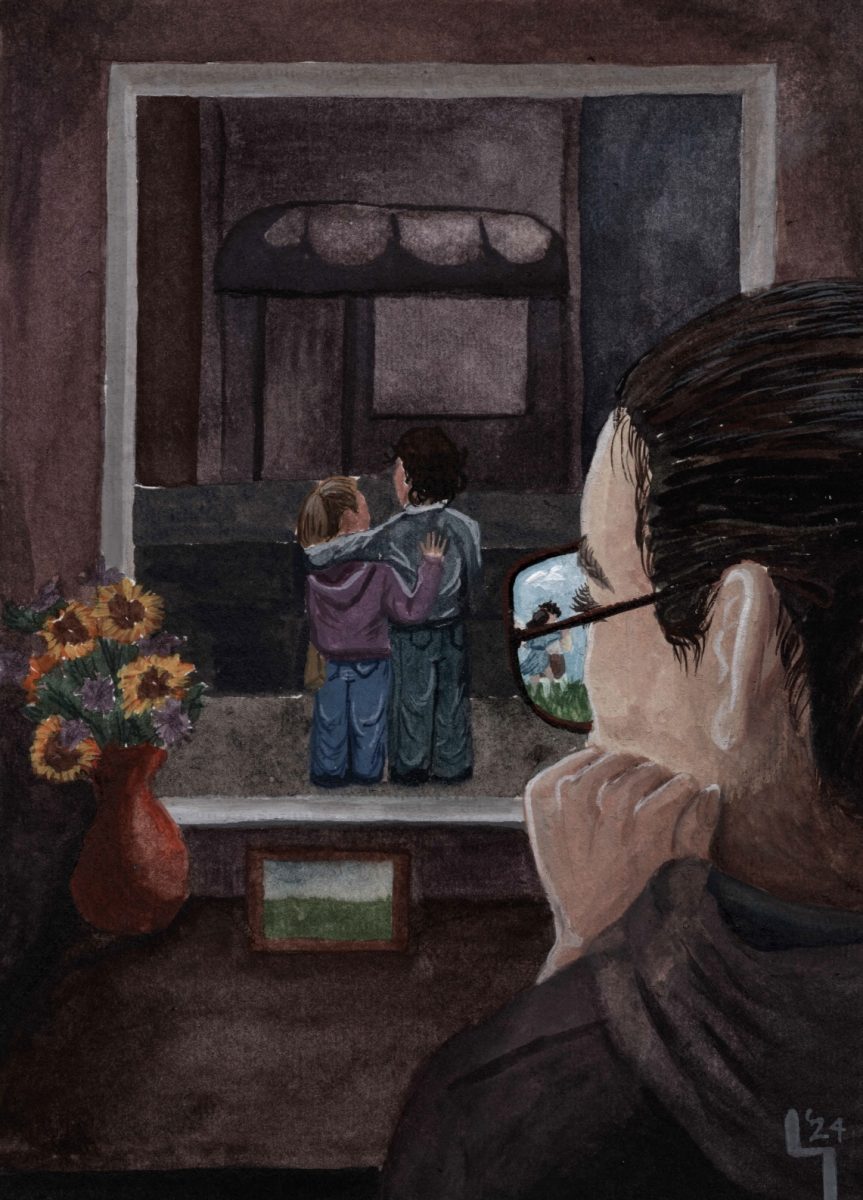After his widely popular 2017 film, “Get Out,” Jordan Peele’s sophomore film, “Us,” continues Peele’s dissection of American culture. Even after its first weekend at the box office, “Us” has proven that Peele is established at the forefront of pop culture, and his creativity will continue to thrive within Hollywood.
While Peele’s creativity is reassuring to the future of Hollywood, each of his films — “Us” especially — lack the necessary poignancy to depict the nature of his social commentary.
Conceptually, Peele is clearly a master of the creative process and an excellent storyteller, but his creativity is significantly held back by the American fetishization of explanation.
With the heavy-handedness of a title such as “Us,” it is no surprise that elements of the film aren’t nearly as sharp as they could or should be. This is not necessarily an issue with Peele’s filmmaking ability, but rather the current climate in which Peele is making films.
Search any Hollywood release that is remotely reflective in any way, and one of the suggested searches is bound to have “ending explained” somewhere in the search. This culture of packaged answers and hand-holding through politically or socially important art frustratingly mutes the impact of Peele’s underlying message. Throughout the film, his message has been drilled into the audience so much that by the end of the runtime there is hardly any message left.
However, as much as Peele is certainly a victim of the current American climate of Hollywood film, he certainly does not remove himself from the worrying trends. His screenplay is surprisingly tame, albeit much funnier in comparison to his previous work, and many lines of dialogue are infuriating. The prime example of Peele’s inability to get out of the Hollywood expository mindset is an exchange in which the humans in the story ask the “Tethered” who they are, and their response is “We are Americans.” Peele has proven himself as a sharply subtle writer, so the lacking elements of his screenplay are surprising.
Despite the overarching issues with Peele’s message, the film has some great components. Lupita Nyong’o’s performance as Adelaide Wilson and her “Tethered” counterpart, Red, is fantastic to watch. Her work anchors the film’s tone and captures the audience’s attention for the entirety of the runtime. Tim Heidecker also provides a great performance as Josh Tyler and his counterpart, Tex, that seems like a continuation of his famous role from Rick Alverson’s “The Comedy.”
With the killer horror remix of “I Got 5 on It” and the creativity of Peele, “Us” could have been much more than its scattered final product. Peele has quickly established himself within Hollywood, and he certainly has a great career ahead of him. While Peele hasn’t mastered the subtly required for a relevant social commentary, his creativity simply cannot be overlooked. He is one of the only Hollywood directors who brings a level of invigorating, creative storytelling, and while his first two films lack the necessary technique of a complete film, his potential is clearly evident.
Cole Fowler is an English junior and a columnist for The Battalion.
‘Us’ struggles to find its voice
March 27, 2019

Photo by Creative Commons
Jordan Peele’s “Us” was released on March 22.
0
Donate to The Battalion
Your donation will support the student journalists of Texas A&M University - College Station. Your contribution will allow us to purchase equipment and cover our annual website hosting costs.








